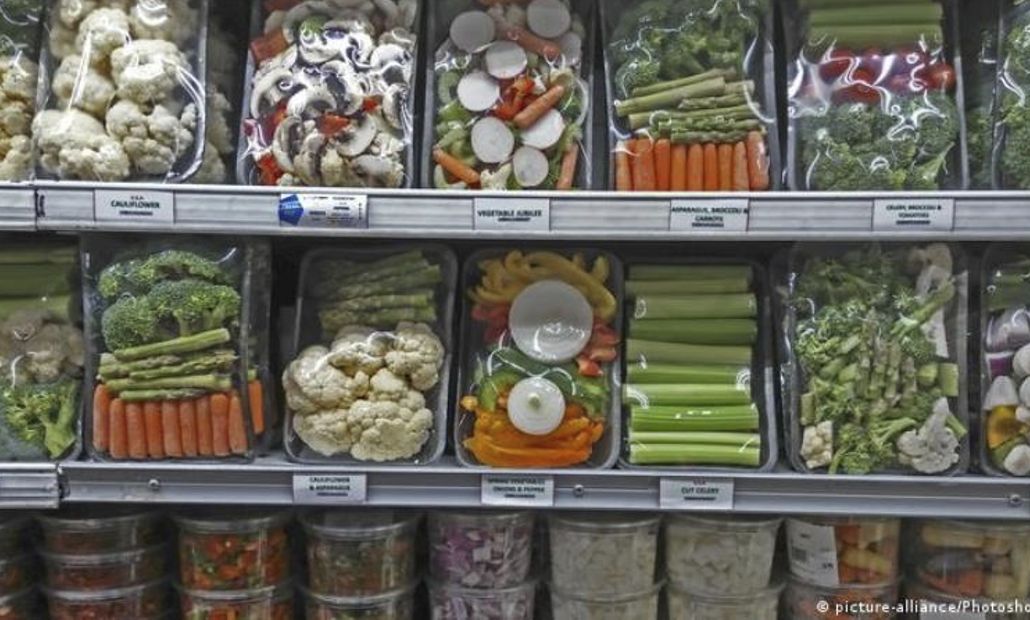Professional Web Portal and Printed Directory about Companies, Products and Services from the Horticulture, Gardening and Associated Markets.
FEPEX

The new tax on non-reusable plastic containers included in Law 7/2022 of April 8, on waste and contaminated soil for a circular economy and which entered into force on January 1 has generated multiple doubts and uncertainties about its application in the fruit and vegetable and ornamental horticulture sector, which they tried to resolve yesterday in the webinar organized by FEPEX and Garrigues.
The more than 250 participants in the webinar raised a wide range of questions: from the very definition of packaging and what type of packaging is subject to tax, given the wide casuistry of types of packaging that exist in the marketing of fruit and vegetables and flowers and live plants, even who is responsible for paying the new tax: manufacturer, distributor...
Doubts were also raised about the obligation to register in a territorial registry, the form of liquidation and payment of the tax, accounting obligations or customs formalities, in the case of importing goods that are already packaged or packaged or empty containers or rolls of plastic to pack products in Spain.
For the partners of the Garrigues Tax Law Department, Jose María Cobos and Bartolomé Úbeda, this is a very expansive tax, since it is applicable not only to non-recycled plastic containers, but also affects secondary and tertiary packaging that contain plastic. In this line, not only the trays to contain and protect food or plastic food bags are taxed, but also the packaging film, the protective bubble film, the protective fil of pallets, the meshes or nets (such as those for fruit ), etc.
For FEPEX, the impacts of the new tax are not only derived from the payment of the tax itself, but especially from all the management and administration operations involved in its accounting and payment. On the other hand, national sectors are placed at a competitive disadvantage, since only Spain applies this tax. Although Law 7/2022 on waste and contaminated soils for a circular economy transposes, in general terms, the community directives related to the reduction of the impact of certain plastic products on the environment, no community regulation obliges to impose fiscal measures on the plastic, so that Spain is currently the only Member State that has this tax in force.